Easy Places to Find Poetry Ideas
This post may contain affiliate links.
written by Kenn Nesbitt, poet and founder of Poetry for Kids
I visit a lot of schools and libraries, and I speak to as many as 30,000 kids each year. Because the poems I write tend to be creative and imaginative, one of the most common questions I get is “where do your ideas come from?”
I guess the assumption is that all of my ideas come from the same place, so I start by telling students that every poem is its own idea, and that every idea is unique and comes from somewhere that no other ideas came from. But to help young writers come up with their own ideas for poems, I compiled the following list of easy places to find ideas.
Write about:
- Something you like. If your favorite thing is video games, your dog, pizza, soccer, cartoons, or just about anything else, write a poem about that.
- Something you don’t like. Maybe you don’t like homework, or Brussels sprouts, or something else. Whatever it is that bugs you, write a poem about it.
- Things you see around you. Look around you right now. What’s the first thing you see? A chair? A computer? A stapler? A clock? A plant? Use that thing as a starting point for a poem.
- Something that happened to you. Did something good happen to you? Did you find a five-dollar bill while you were walking down the street? Or did something bad happen? Maybe you were riding your bike and you crashed into a tree. Whatever it was, write a poem about it.
- Somewhere you went. Gone anyplace interesting lately? Write a poem about it. Did you go someplace not so interesting? Write a poem about that.
- Make something up. Claim that your dog can speak French, or that you just came back from Mars, or that you built a house out of Jell-o. Tell the reader about a fictional character who has some amazing ability. Invent something new.
These are just a few of the places where I “get my ideas,” and they are probably the easiest places for young writers to start looking for their own ideas.
Also, rather than trying to find that ONE GREAT IDEA for a poem, I will try to come up with 20 ideas of any kind. Instead of thinking of one thing and then trying to write a poem about it, I will write down as many “first lines” as I can think of, whether or not they are any good. Then I will go over the list and pick the one or two that look the most promising and try to work on those. This gives me a better chance at success.
Finally, I will often go to the library to write. Before I start, I pick out a few books of poetry from the shelves to read. I’m not looking for other writers ideas. Rather, I find that reading other authors poetry can put my mind in a poetical mood and get me thinking in rhythm and rhyme, making it easier to get started writing.
Share these ideas with the young writers in your life, or even try them out yourself. You may just be surprised to see what ideas are waiting to come out.
Note from Melissa: I love this, thank you, Kenn! Also, Kenn is offering his new book for for free during National Poetry Month. Go here to download: My Hippo Has the Hiccups.
READ MORE:
Why I Read Poetry to My Toddler
Unlocking the Meaning of Poetry with Art


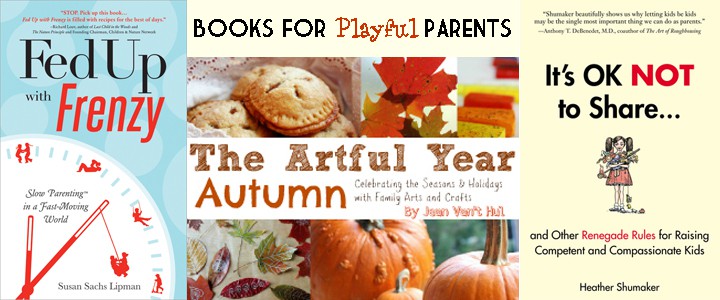
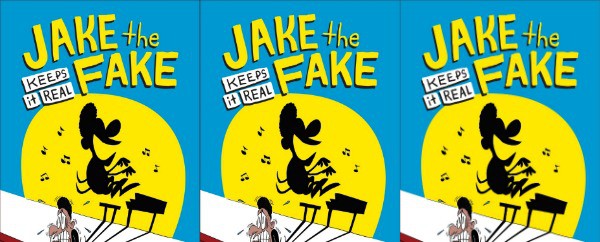

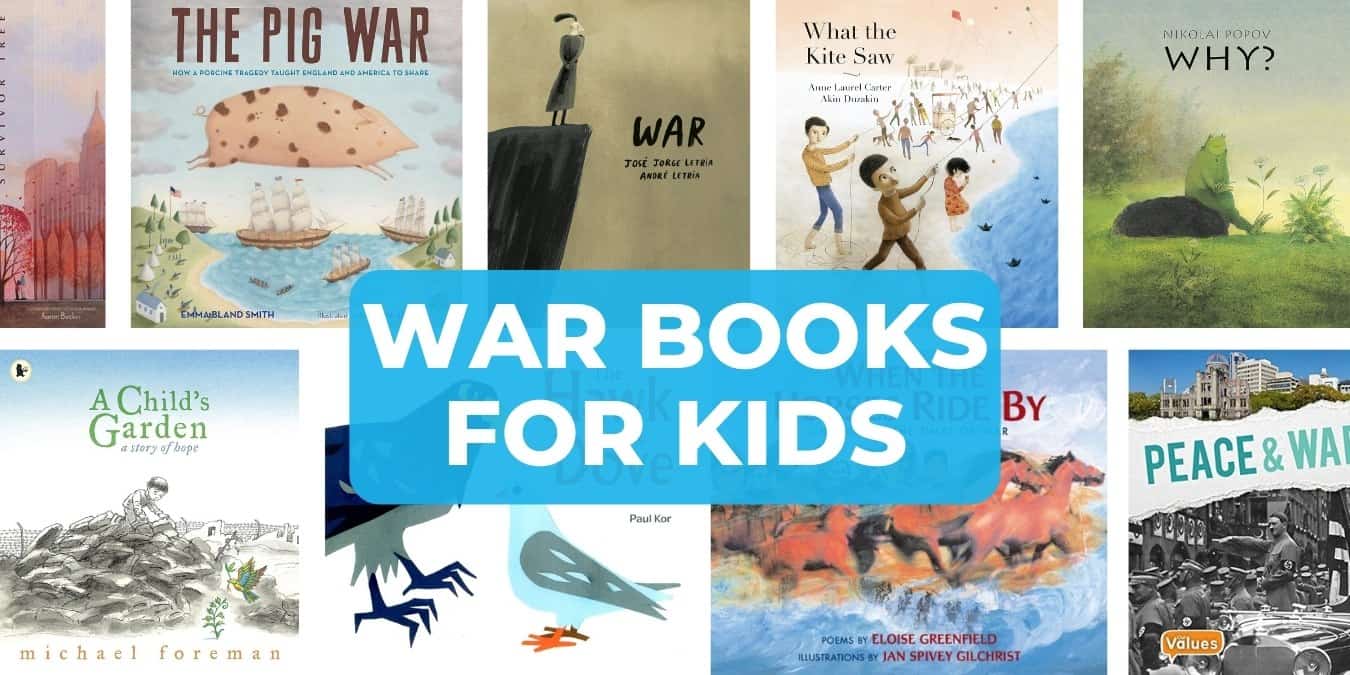
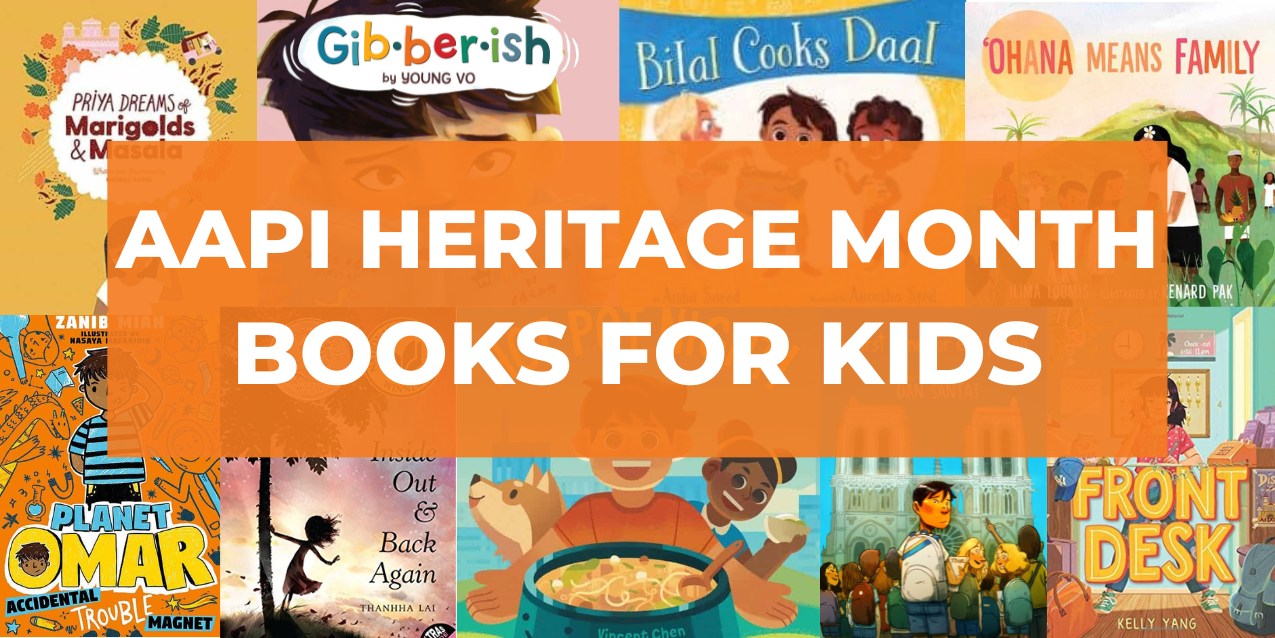
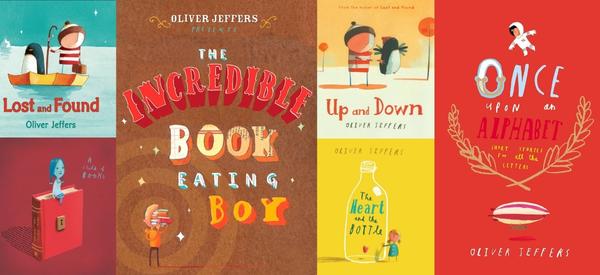
Thank you so much for the wonderful post and of course, for the free download! How generous – we plan to put it to good use.
What a great post! I can’t wait to get the book and play around on the Poetry for Kids website some more.
As a reading specialist, I worked with many struggling readers and always had several poetry anthologies in my classroom–they are great for fluency practice. I alloted time in the classroom for students to select a poem and practice their fluency with a partner. I think most students also practiced them at home voluntarily. We had poetry performances in class on Fridays. The students and I loved it and their fluency practice definitely paid off.
Thanks again!
I just bookmarked the Poetry for Kids site for my eight year old son. He’s always loved poetry. This past week he checked out Where the Sidewalk Ends and has been chasing his dad and I and his siblings around reading his favorites outloud. I’m hoping to develop his interest and encourage him to write and illustrate poems this summer. Thanks for this post!
This is a wonderful opportunity for young writers to hear the words of a master poet. Thanks Kenn, and thanks Melissa!